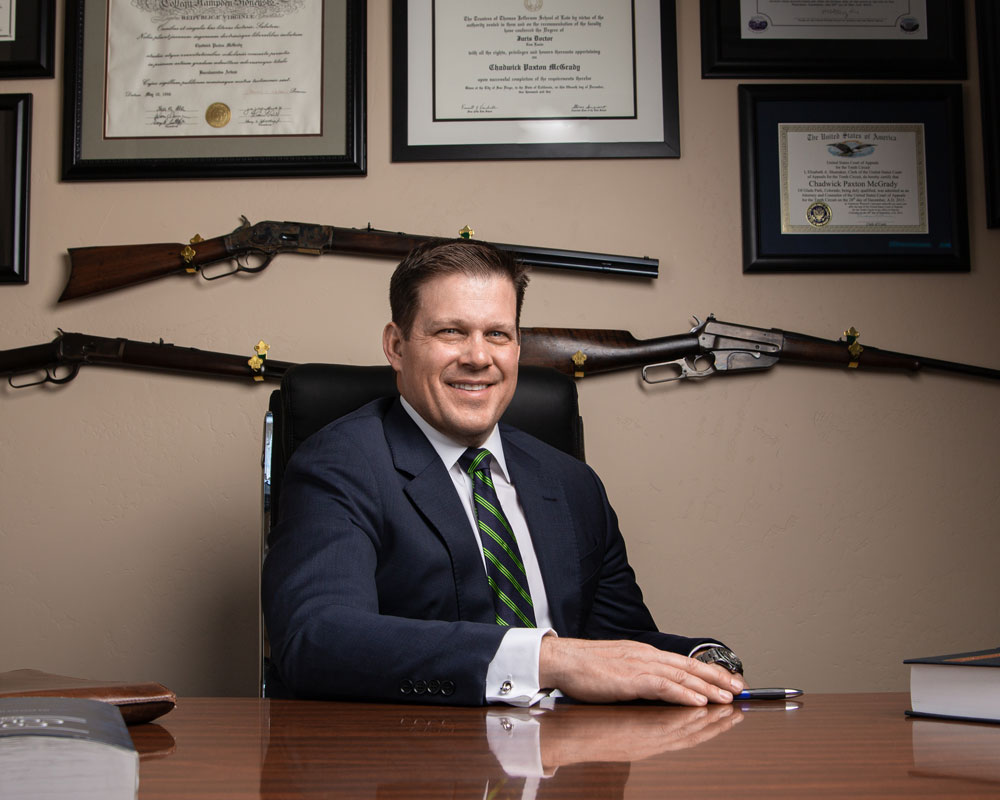Skiers and snowboarders aren’t required to wear helmets in Colorado. However, many people do wear them to help prevent and lessen the severity of head injuries. Parents are particularly diligent about helmets for their kids. According to the National Ski Areas Association, in the last ski season (2015 to 2016), 90 percent of kids wore helmets on the slopes.
In a study scheduled to be published in the Journal of Pediatric Surgery next February, however, doctors at the University of Colorado School of Medicine and Children’s Hospital Colorado cautioned that there are limits to the protection offered by helmets. One surgeon notes that “a helmet is not going to prevent fatal injury” but will “lower the risk of sustaining a serious injury.”
The study looked at data from the trauma registry at Children’s Hospital Colorado. They found that kids who were wearing a helmet when they were injured (slightly more than half of them) suffered less serious injuries than those who weren’t. Other researchers have found that skull fractures, cuts and other external head injuries are particularly reduced. While a helmet won’t prevent a concussion, it can reduce its severity.
Some experts postulate, however, that skiers too often take more risks when they’re wearing a helmet because they feel protected. By taking on more advanced slopes, skiing faster and engaging in risky behavior, they’re increasing their chances of a severe or fatal accident.
In an article in TIME magazine following the tragic death of actress Natasha Richardson from a head injury suffered on a beginner’s slope in Canada, it was noted that the skull is built to withstand collisions at as fast as 15 miles per hour. However, if you’re going faster than that and hit a hard object (even packed snow), a helmet is unlikely to help. At slower speeds, however, a helmet could lessen the severity of injury. (Richardson wasn’t wearing a helmet when she fell.)
An important takeaway is that skiers and snowboarders should wear helmets. However, it’s still essential to be responsible while on the slopes — for your own safety as well as that of others.
Source: Daily Camera, “Study: Helmets protect youths – but may invite risky runs,” John Ingold, Denver Post, Dec. 15, 2016

